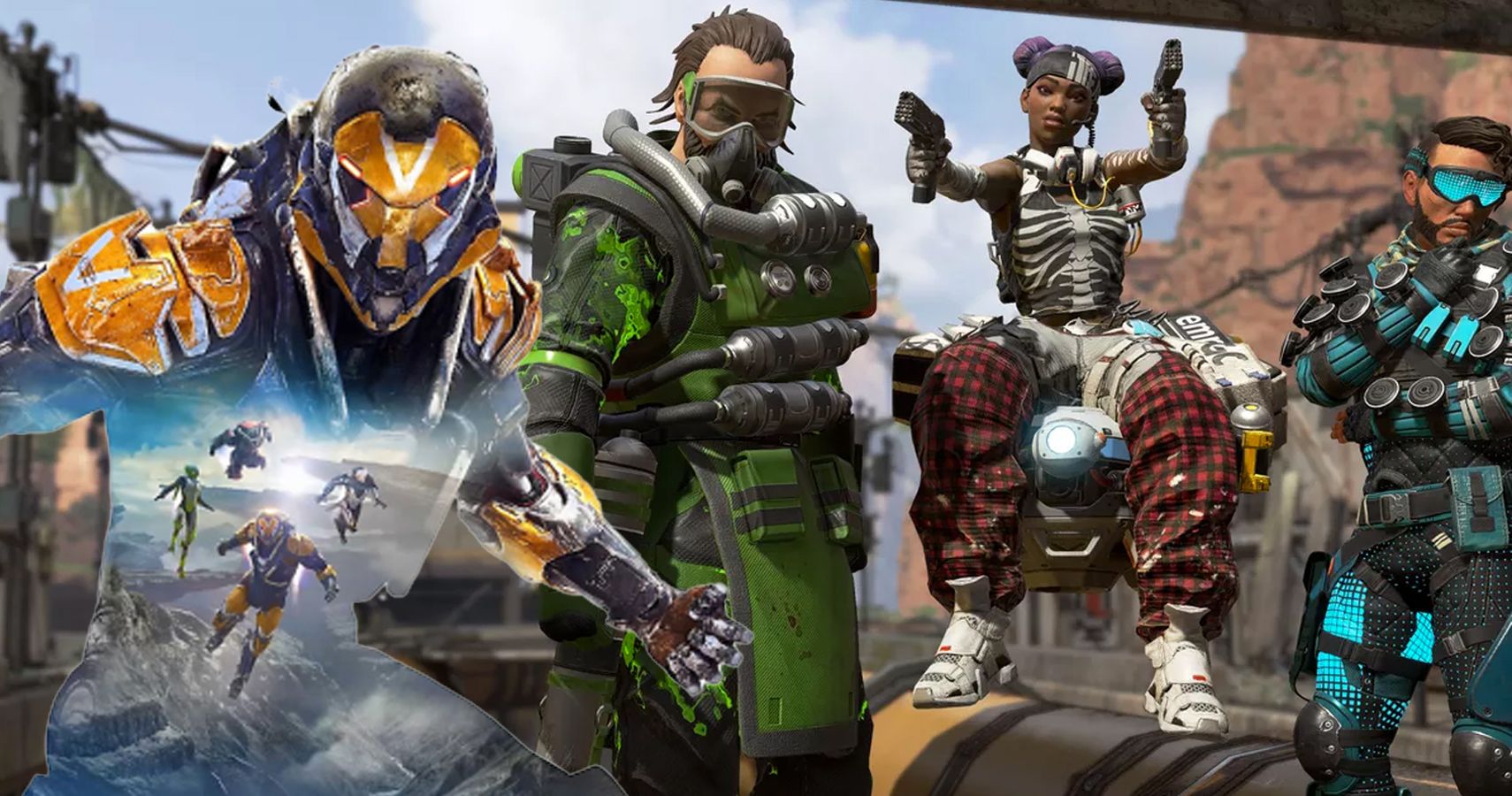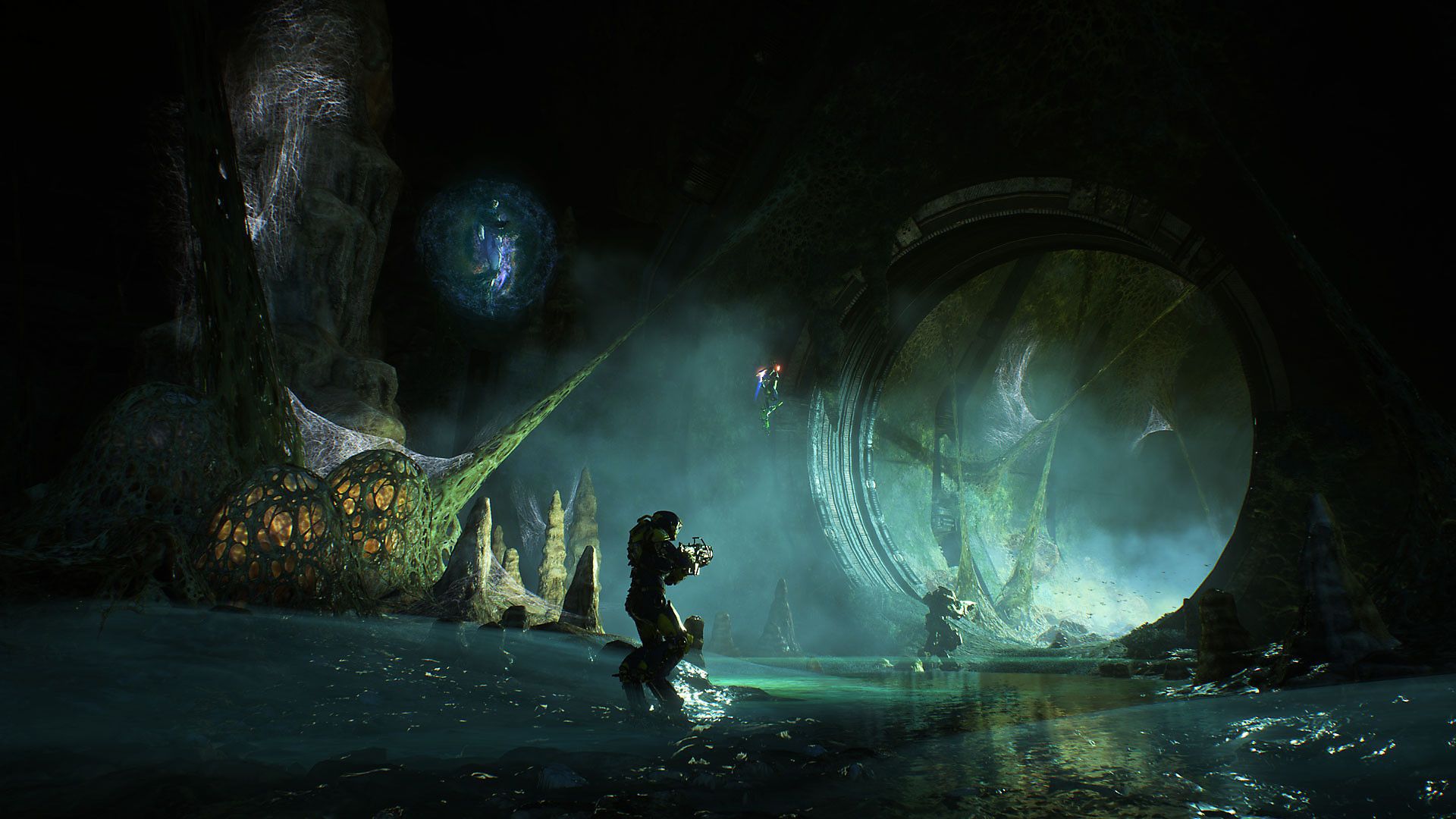Why would Electronic Arts, the publisher behind the much-anticipated, heavily marketed sci-fi MMO-lite Anthem, chose to overshadow the release of such a major game by scheduling their free-to-play battle royale title Apex Legends to drop two weeks before it? Could it be that they didn’t expect these games to perform very well in terms of sales? Were they desperate to please a disgruntled group of investors following an underwhelming 2018? Could this all be chalked up to simple negligence on their part?
While EA remains as enigmatic as ever regarding their strange, often consumer-hostile policies, this release date debacle seemed more likely to damage the company than financially bolster it. Why would the publisher chose to directly compete with itself in the triple-A publishing space when they already have more competitors than could fit into an Apex Legends match?
The obvious answer here is that, while Electronic Arts did manage to step on its own toes slightly with release dates this close together, the reality is that Apex Legends was a free-of-charge product, while Anthem was a premium, sixty-dollar experience. They likely didn’t believe that they had anything to lose by putting out a totally free, relatively casual battle royale title next to a game that occupies a very different genre and caters to another player base entirely.
Related: UK Anthem Sales Are Half As Big As Mass Effect: Andromeda's
What EA likely didn’t account for was the wildly differing quality of their two near-simultaneous releases. While Apex Legends has been heralded as one of the most well-constructed, polished games of its kind (especially at release), Anthem’s launch has been marred by performance issues, a lackluster narrative, and boring, repetitive mission design.
If anything, the publisher probably thought it would be the other way around; while Anthem was a major investment that spent six years in development and was tied to one of their most beloved development studios, EA took a very laissez-faire, carefree attitude with Respawn Entertainment’s Apex Legends. In the minds of the higher-ups at Electronic Arts, the former title could not possibly have been a flop, while the latter could have been hit-or-miss.
It’s also possible that the publisher doubled up on releases in hopes of re-capturing the confidence of investors that likely felt stung by the relative failures of games like Battlefield V and Command and Conquer: Rivals. If either Apex or Anthem took off — which the former did in spectacular fashion — it would have gone a long way in terms of righting some previous wrongs.
They also have a history of releasing competing games, and many consumers were utterly bewildered when, in October of 2016, EA opted to release Battlefield 1 and Titanfall 2 within mere days of each other. While the innovative World War I title managed to live up to expectations, Respawn’s follow up to 2014’s Titanfall struggled to sell and was essentially snuffed out by the stiff competition. That’s not to mention that both of these titles dropped a few weeks before the release of Call of Duty: Infinite Warfare.
What’s more, while Apex and Anthem may seem very similar to someone unfamiliar with the world of gaming, they occupy two very separate niches. Apex Legends has set its sights on battle royale-crazed Fortnite players, while Anthem hopes to draw in some of the Destiny and Warframe crowd. Anthem doesn’t feature any PvP elements, either, while that is the sole focus of Apex Legends.
Unfortunately, EA’s smash hit F2P title likely ended up cannibalizing most of Anthem’s audience, and many buyers were probably left wondering why they would bother to shell out a full sixty dollars for one game when they could get an equal amount of playtime and enjoyment out of another for free. Had Anthem never released or come out much earlier, EA would have had an unmitigated success story on its hands in Apex Legends. As it stands, however, the success of one game seems to have come at the expense of the other.




